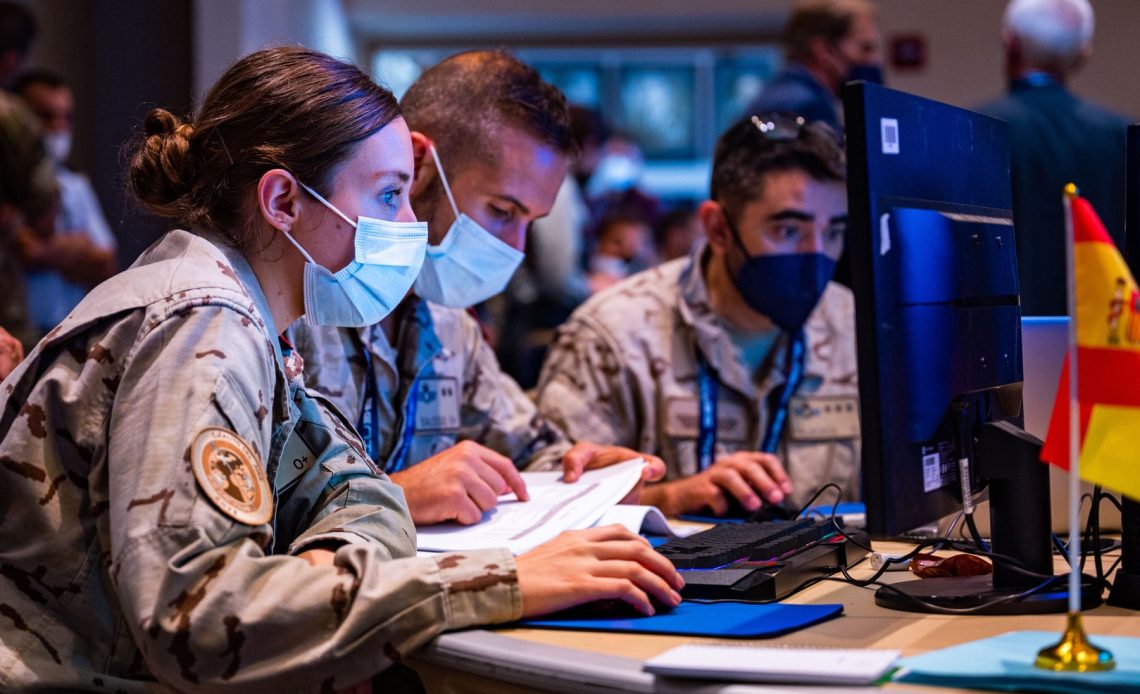
The Space Force is launching its annual, future-facing Schriever Wargames this week, and the service’s chief operations officer said the exercise could help create a framework for better information sharing with allies and partners on sensitive programs and capabilities.
The two-week wargame is focused on understanding what capabilities and operational concepts the Space Force might need 10 years into the future.
Speaking Monday during a virtual Mitchell Institute event, Lt. Gen. DeAnna Burt said this year’s wargame will include a forum for discussing sensitive capabilities with coalition partners, including the United Kingdom, Canada, Australia and New Zealand.
Specifically, the wargame will feature a special access cell, where the U.S. and its closest allies can share information about classified or special access programs, known as SAPs.
“The partners are also bringing SAP capabilities from their side and we’re comparing and contrasting,” Burt said, adding, “We’re both bringing capability, not just one side or the other. So, I think there’s a great opportunity here.”
Secrecy in the space domain has long been an obstacle for the Defense Department, particularly when it comes to collaborating with allies abroad and in the commercial sector. The Pentagon has made steps in recent years to reconsider policies around how it classifies space programs or talks publicly about threats in the domain.
In January 2024, the department completed a significant rewrite of its space classification policy that addresses the SAP designation, in particular. In the past, when the service would start a satellite or technology development program, it would give it one of two security designations — unclassified or SAP. Attaching the SAP label to a program severely restricts information sharing and makes it hard to integrate across platforms and with other military services and allied nations.
As a result of the policy change, the Space Force has been working hard to review its current security designations, Burt said, noting that the task is a challenging one that takes time to implement.
“It’s still not where we need to get to … but I think we’re working hard in that direction,” she said.
Integrating a special access cell as part of Schriever Wargames could help advance that effort, Burt said, allowing the service to consider options for sharing SAP information with allies outside of the context of the exercise.
Burt noted that while there is a broad understanding of the value of reducing classification barriers among close allies, there is still some understandable resistance. But if the U.S. can’t talk to its overseas partners about its future plans, it’s harder to collaborate.
“Especially when we’re talking about future capabilities, how would I do force design if I can’t talk to you at that level? And so, I think this is something that we’re going to have to normalize and use to really make strides in our force design and future work with coalition partners,” she said.
Author: Courtney Albon
Source: DefenseNews



